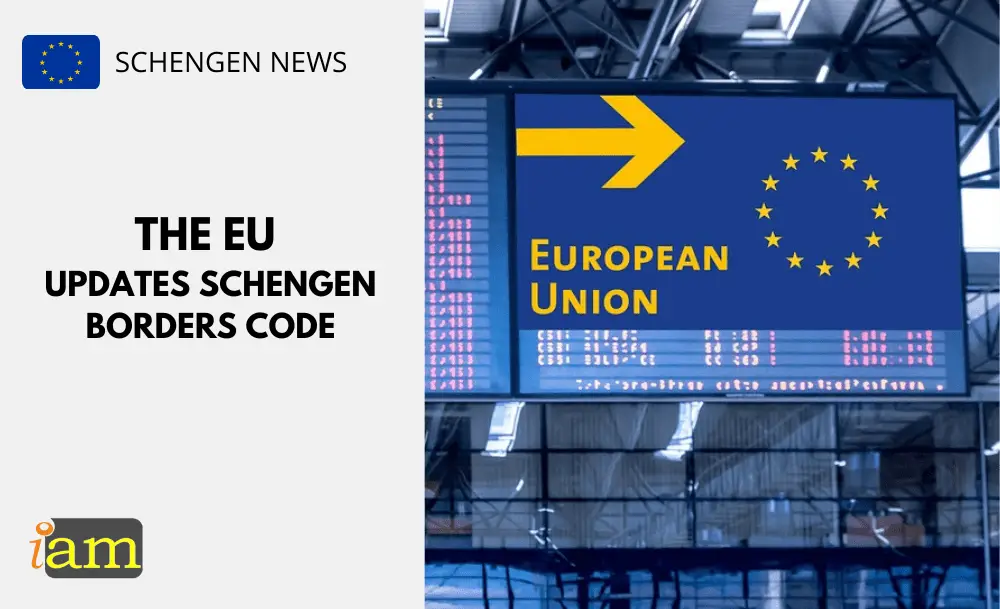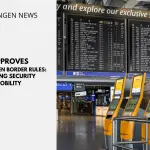EU Updates Schengen Borders Code


The European Union Parliament, in conjunction with the Council of the EU presidency, has successfully negotiated an updated Schengen Borders Code, marking a significant step towards reinforcing seamless movement within the Schengen area.
The reform aims to strengthen free movement within the Schengen area, clarify rules, and reduce the amount of temporarily reinstated border controls inside the zone.
The Court of Justice of the European Union ruled in April 2023 that border controls re-installed in response to serious threats may not last more than six months and can only be extended if a new threat arises, unless exceptional circumstances jeopardise the overall functioning of the Schengen area.
Under the new rules, Schengen states can respond to a serious threat to public policy or internal security, for example involving terrorism or organised crime, by authorising temporary border controls. MEPs secured a maximum limit of maintaining border controls for two years, with a possible further prolongation of one year.
In the case of a public health emergency that concerns several members at a time, and puts at risk the functioning of the entire Schengen area, the Commission can authorise border controls for periods of six months.
Before reintroducing border controls, member states must analyse their effectiveness, proportionality, and side effects, and then conduct a risk assessment after six months. When a state notifies others of its intention to reintroduce border controls, the Commission may initiate talks between that state and its neighbours.
Aim For Targeted Solutions
The law proposes harmonised rules for entering the EU from third countries in such cases to ensure a coordinated response to large-scale health emergencies based on lessons learned from the Covid-19 epidemic. This approach would exempt EU citizens and residents who benefit from free movement and essential travel from these constraints.
Instead of border controls, the new laws would encourage police collaboration in border regions. If third-country citizens with irregular status are captured during joint patrols and there is evidence they arrived directly from another EU country, they may be transported to the other EU country that engages in joint patrols. MEPs successfully advocated for extra safeguards for kids, ensuring that both parties to the transfer consider their best interests.
The provisional agreement needs to be formally adopted by the Parliament and Council before it can enter into law.
Do you need to renew your passport? Talk to us in the comment section below. Or if you need more advice on the above, contact us for further travel & immigration advice.
Check out the deals we have found below and tell us your travel plans.
Check out the offers and discounts from:
And because of the pandemic, don’t forget to get your travel insurance, which will cover you for flight disruptions and pandemic related matters.
IaM can help with your visa application to Europe, the United States, the UK & other countries
If you need help with a US visa, a UK Visa, or a visa to Europe, including help with appointment booking obligations, IaM can help. For more information and advice on US immigration, UK immigration law and US visa applications or if you need any help or assistance please, reach out to your Visa Coordinator at IaM.
Some of our posts include affiliate links. If you choose to purchase any of these products, we might get a small commission. For more information, check out our TOS.
- Spain Extends Citizenship by Descent Law Until 2025 - 18 July 2024
- Venice To Double Entry Fee in 2025 - 17 July 2024
- New Irish Visa Requirements for Citizens of South Africa and Botswana - 15 July 2024









